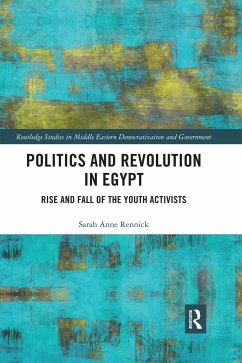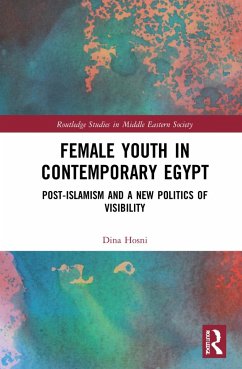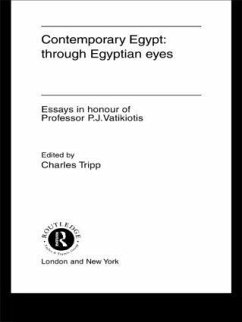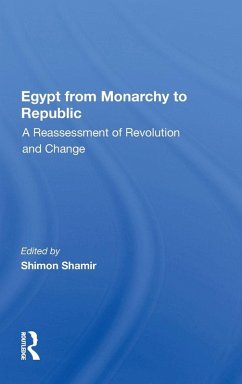
Environmental Politics in Egypt
Activists, Experts and the State
Versandkostenfrei!
Versandfertig in 1-2 Wochen
177,99 €
inkl. MwSt.
Weitere Ausgaben:

PAYBACK Punkte
89 °P sammeln!
This book examines the evolution and development of environmental politics in Egypt, and how networks operate inside an authoritarian system. Tracing attempts by environmental networks to control industrial pollution, create and preserve protected areas, and restructure the management of Egypt's scarce water supplies, the author contributes to a more refined understanding of public policy making and social protest under authoritarian rule in Egypt and the Arab world.














